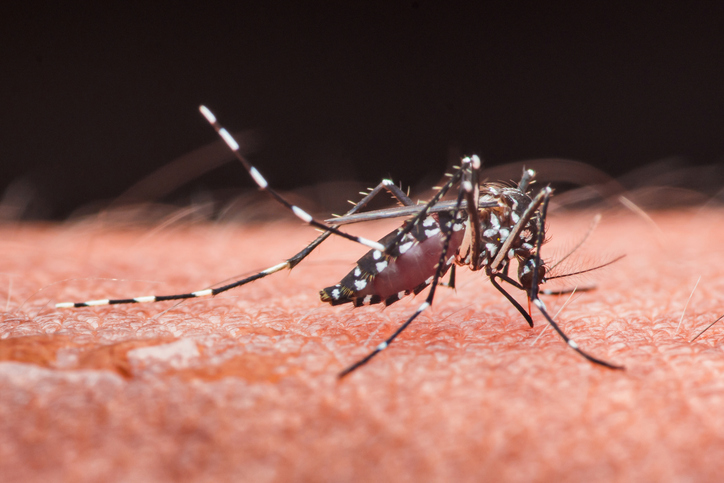Durham County Reports NC’s First West Nile Virus Case of 2025

West Nile virus is primarily spread through mosquito bites, but it can also be transmitted via blood transfusions, organ transplants, and from an infected mother to her baby during pregnancy. While most people who contract the virus show no symptoms, some may develop serious complications, including neurological issues affecting the brain and spinal cord.
Health officials are urging residents to take precautions to avoid mosquito bites—particularly during dawn and dusk when mosquito activity is highest. Preventative measures include using EPA-registered insect repellent, wearing long sleeves and pants, and eliminating standing water around homes where mosquitoes breed.
For more guidance on preventing West Nile virus, visit the North Carolina Department of Health and Human Services website.
Tips to Avoid Mosquito Bites
1. Use Insect Repellent
- Choose a repellent with DEET, picaridin, IR3535, oil of lemon eucalyptus, or para-menthane-diol.
- Apply to exposed skin and clothing as directed on the label.
2. Dress Smart
- Wear long-sleeved shirts, long pants, and socks, especially at dawn and dusk.
- Choose light-colored clothing—mosquitoes are more attracted to dark colors.
3. Avoid Peak Mosquito Hours
- Mosquitoes are most active during early morning and evening hours.
- If possible, stay indoors during these times.
4. Eliminate Standing Water
- Empty or clean out items that collect water, such as:
- Birdbaths
- Buckets
- Plant saucers
- Old tires
- Clogged gutters
- Mosquitoes breed in stagnant water—even in small amounts.
5. Use Physical Barriers
- Install or repair window and door screens to keep mosquitoes out.
- Sleep under a mosquito net if you’re in a high-risk area or outdoors.
6. Use Fans or Mosquito Traps
- Mosquitoes are weak fliers—outdoor fans can help keep them away from patios or decks.
- Mosquito traps may reduce local populations but should be used strategically.
7. Protect Children and Babies
- Use mosquito netting over strollers and playpens.
- Use child-safe repellents and consult your pediatrician for babies under 2 months old.











